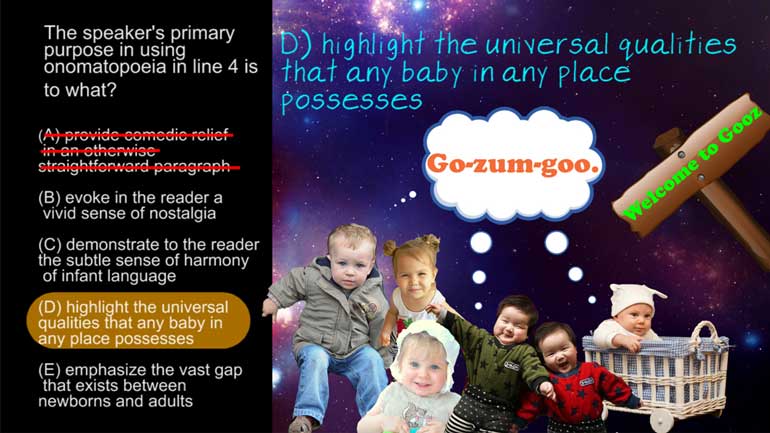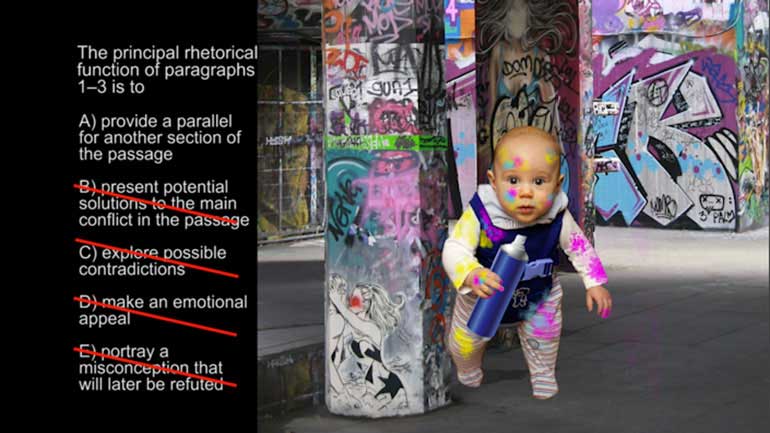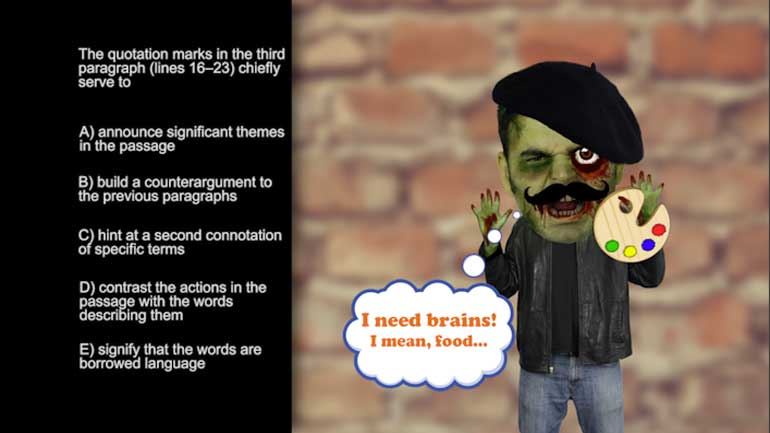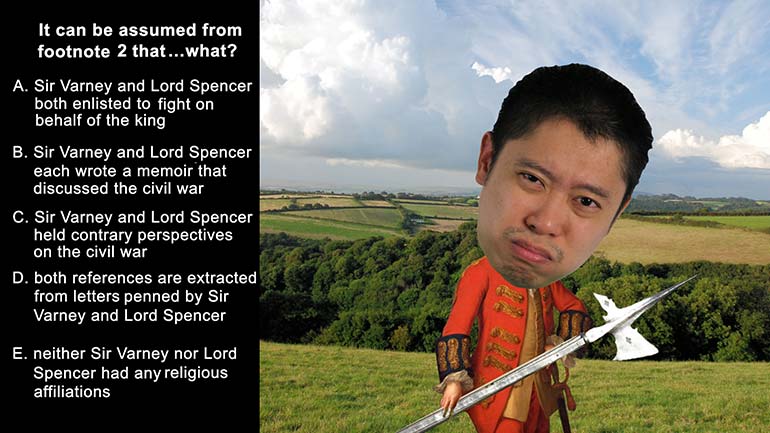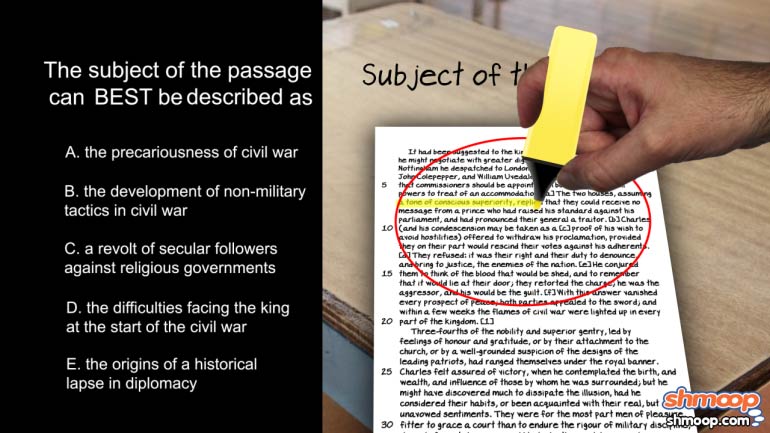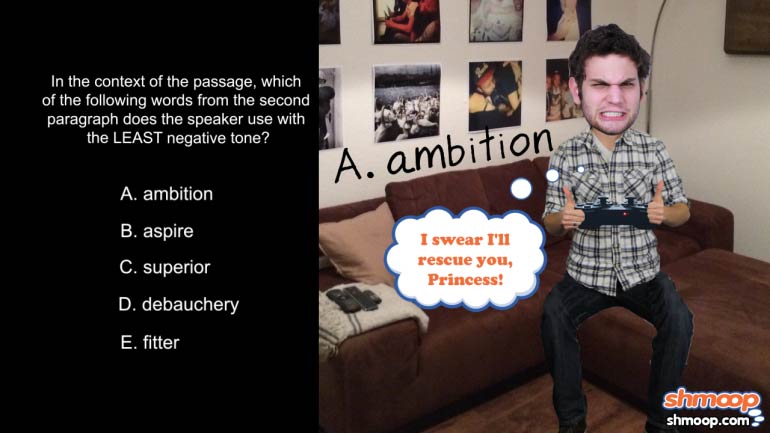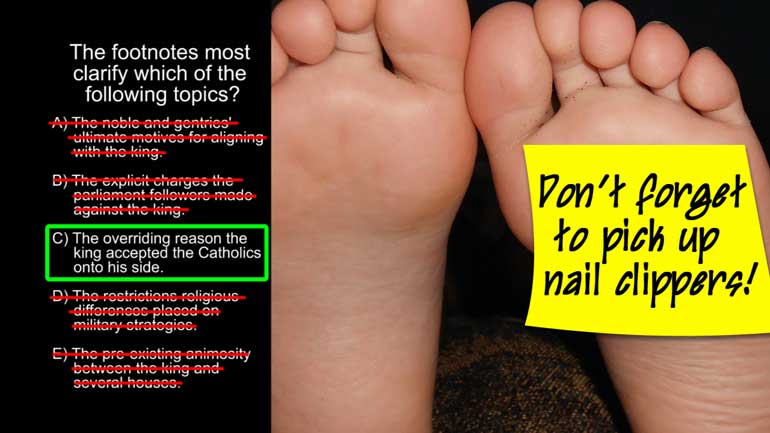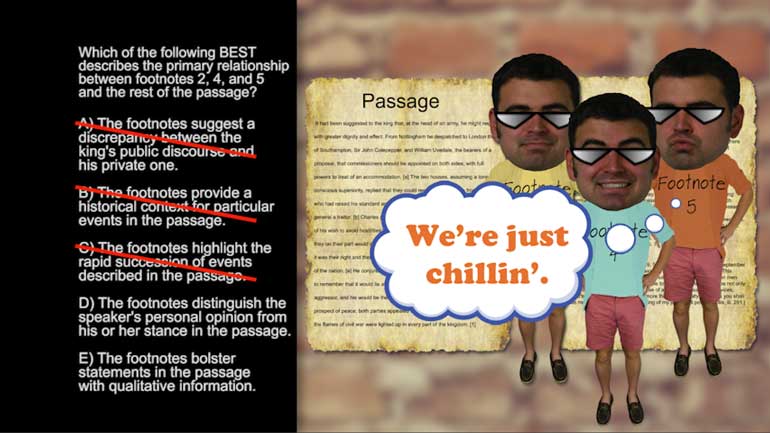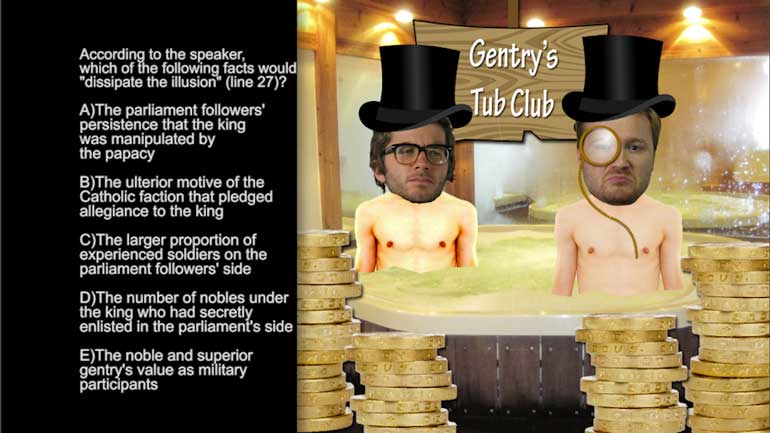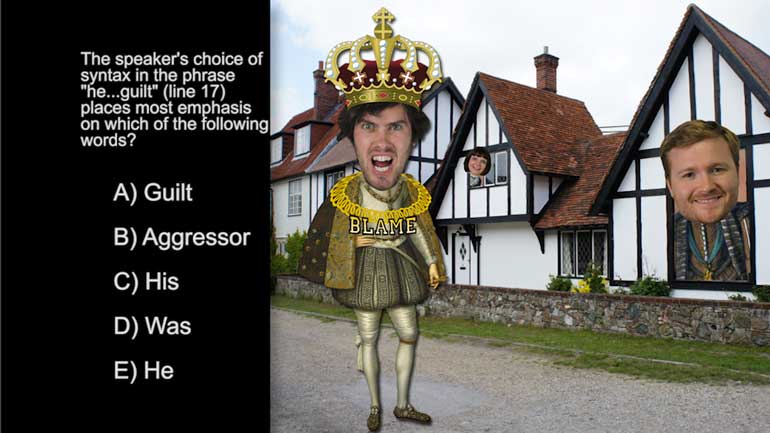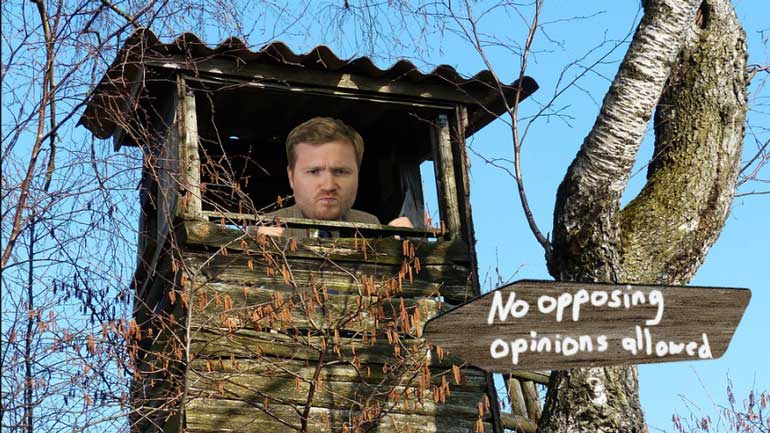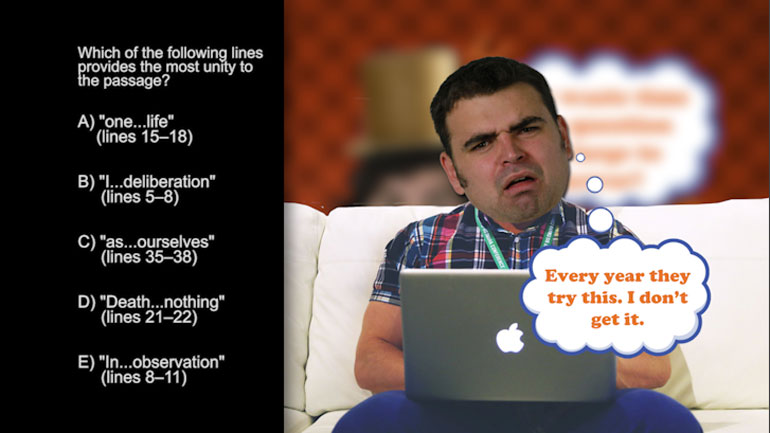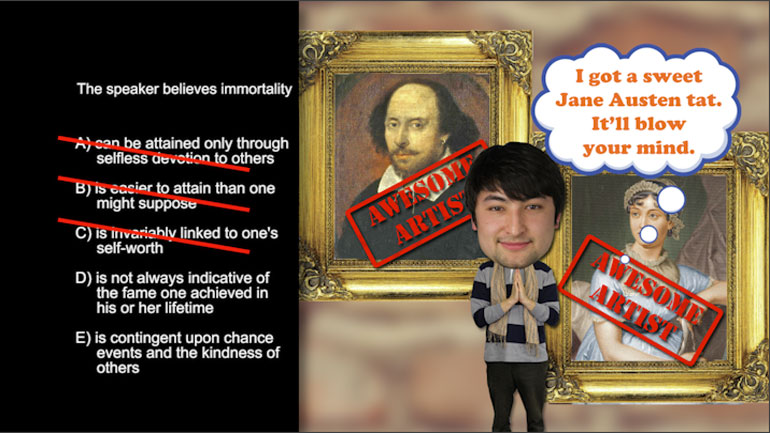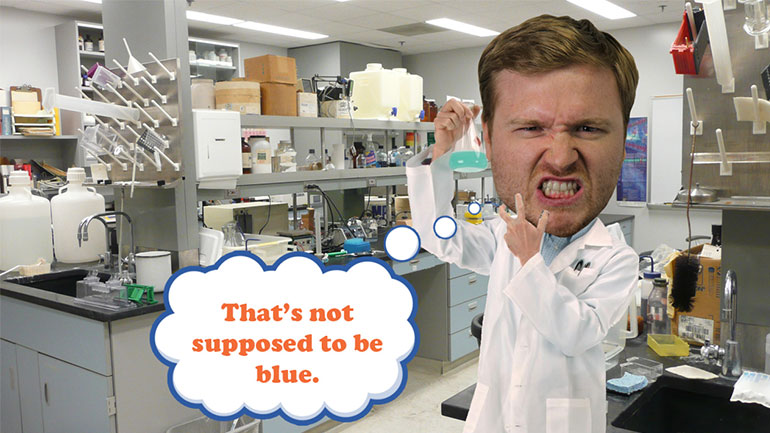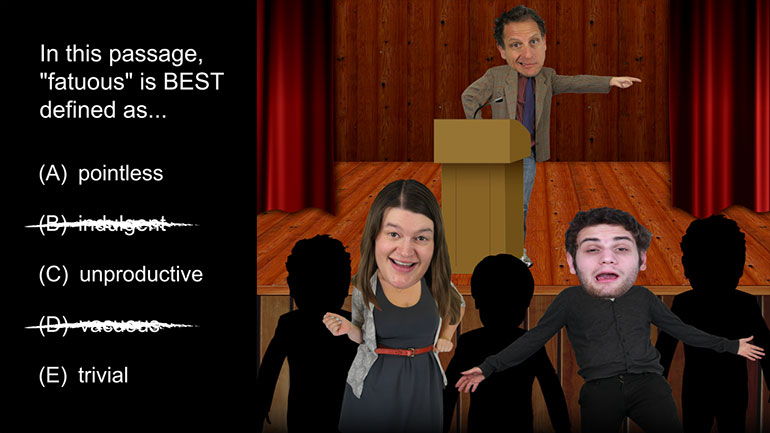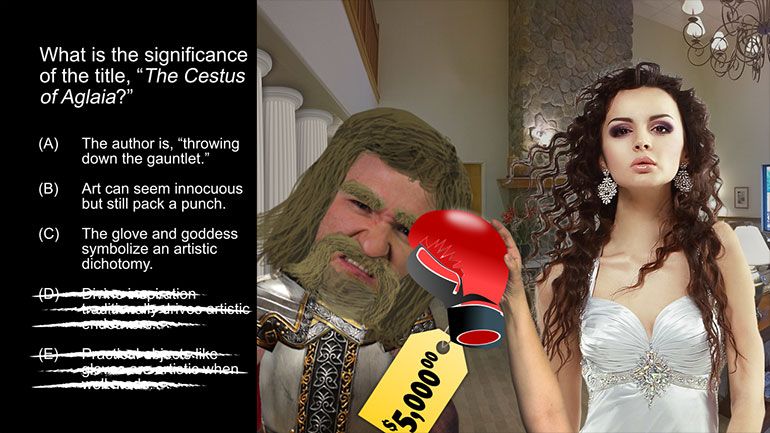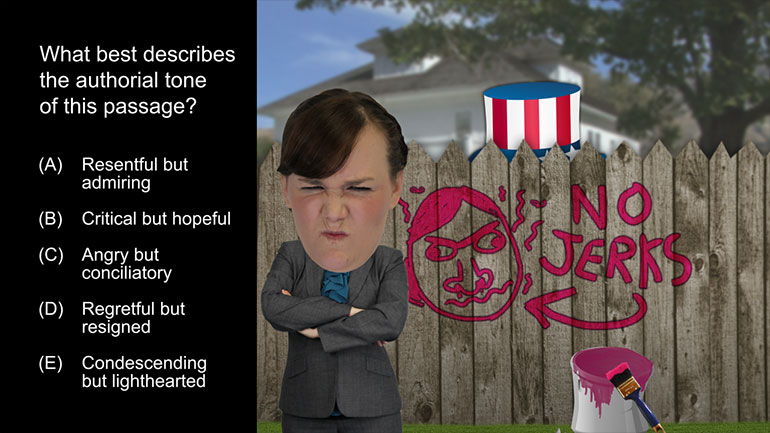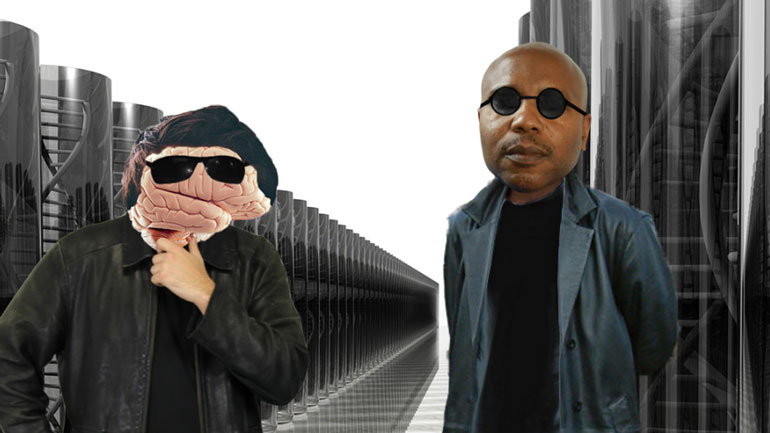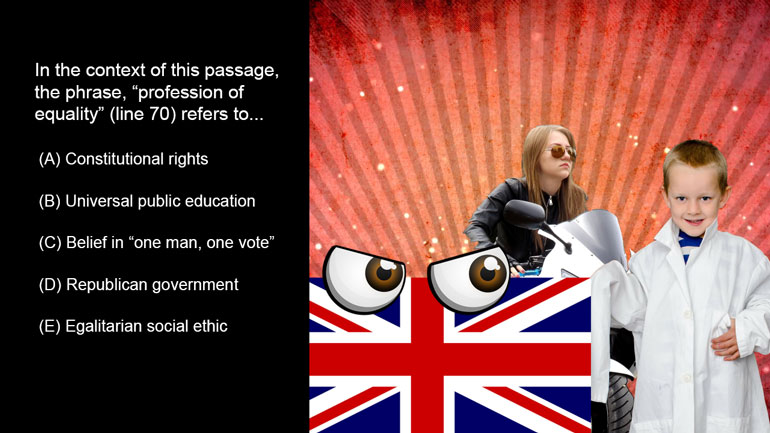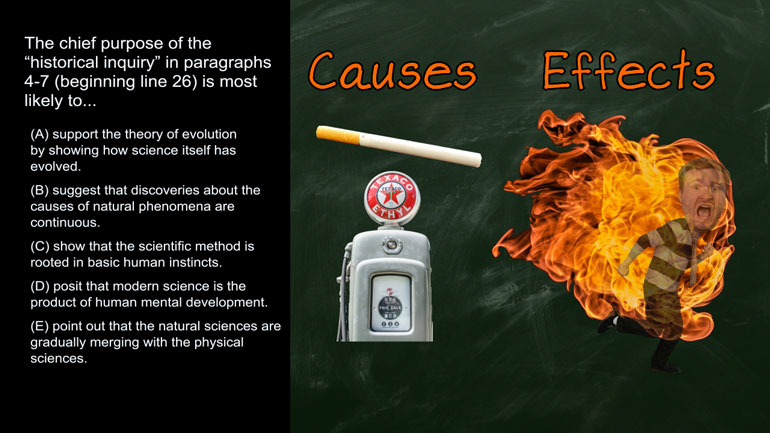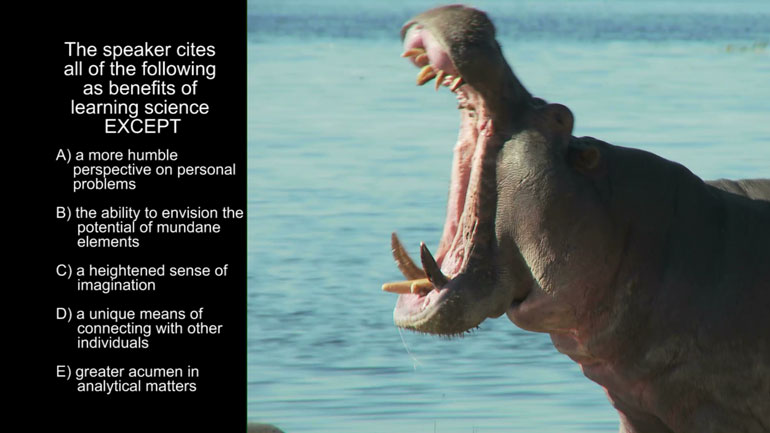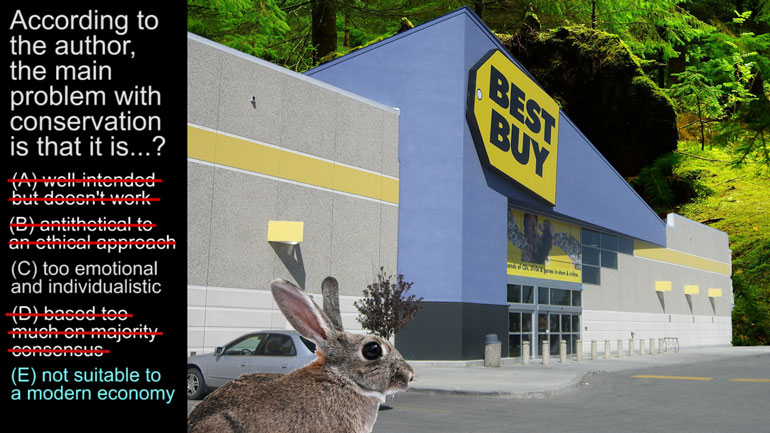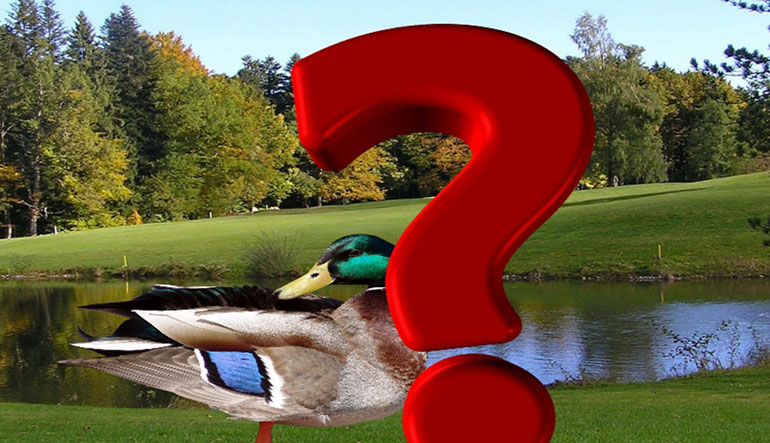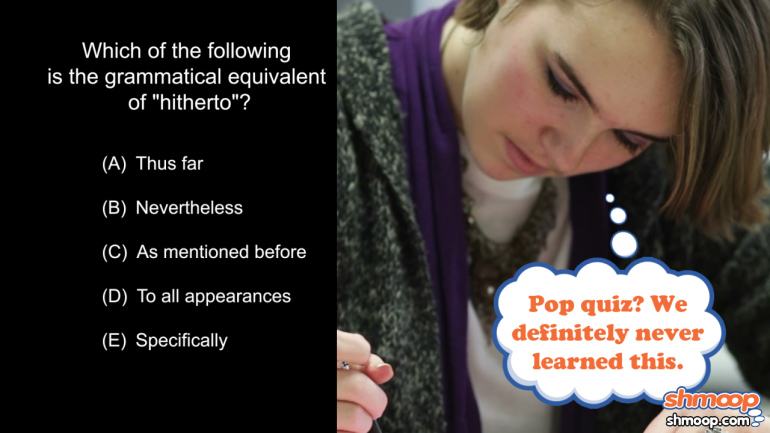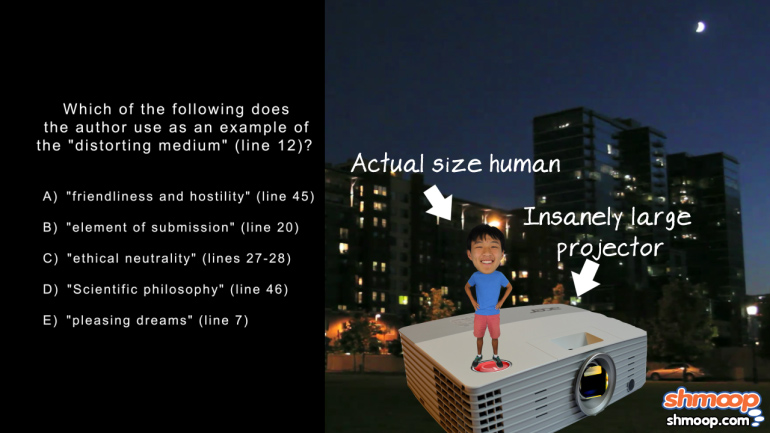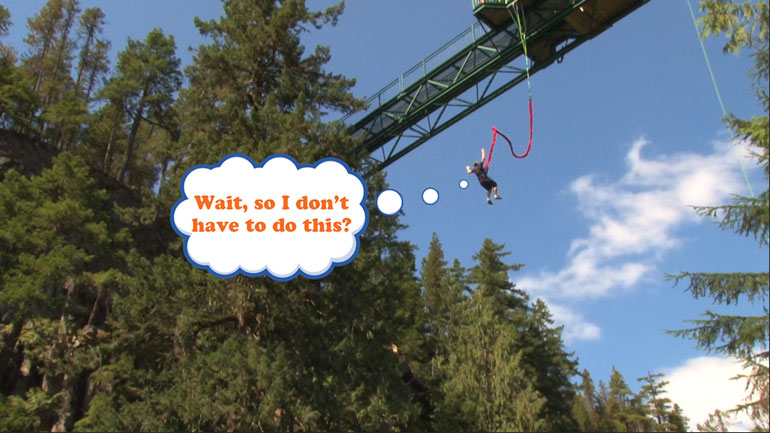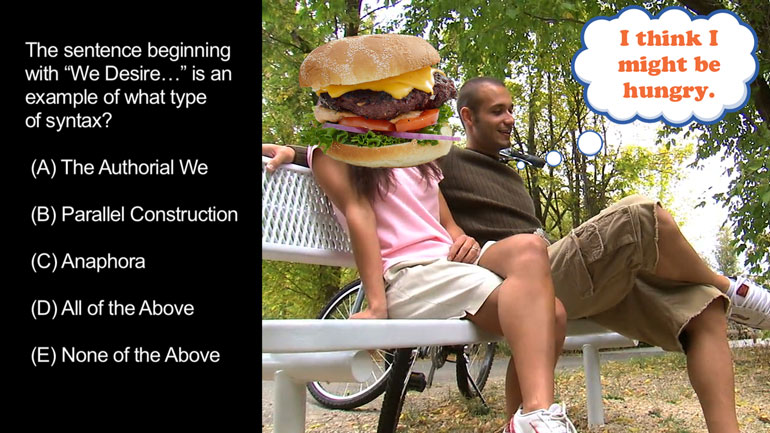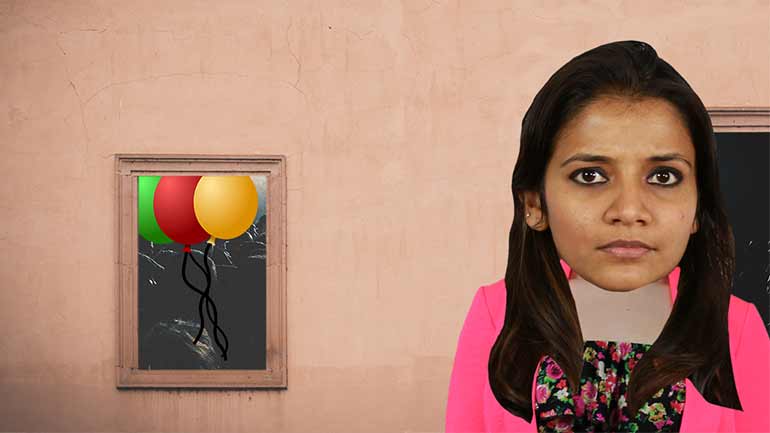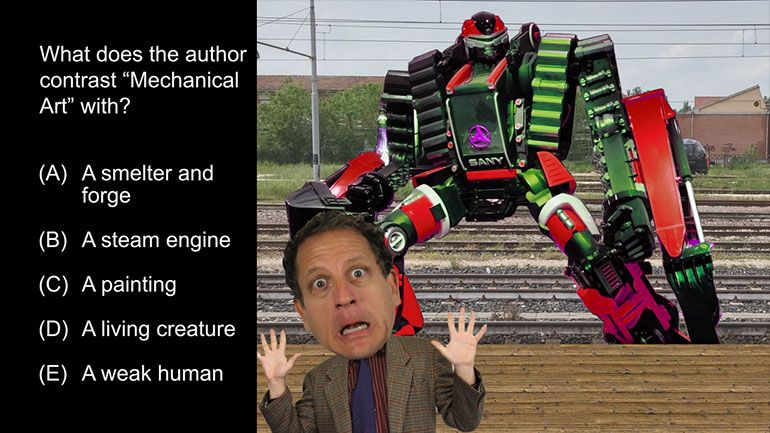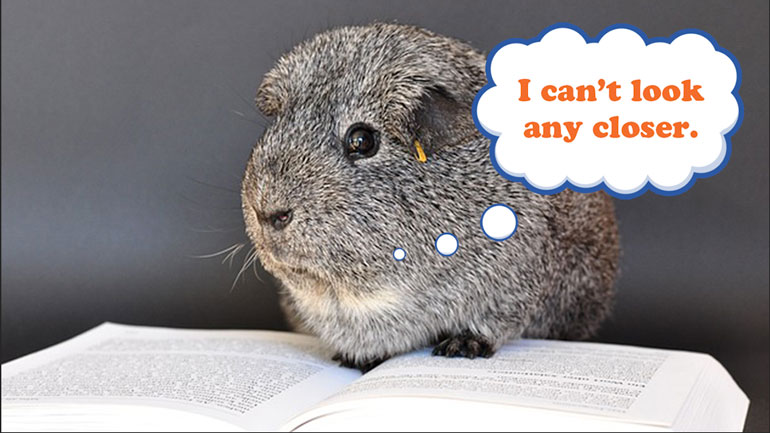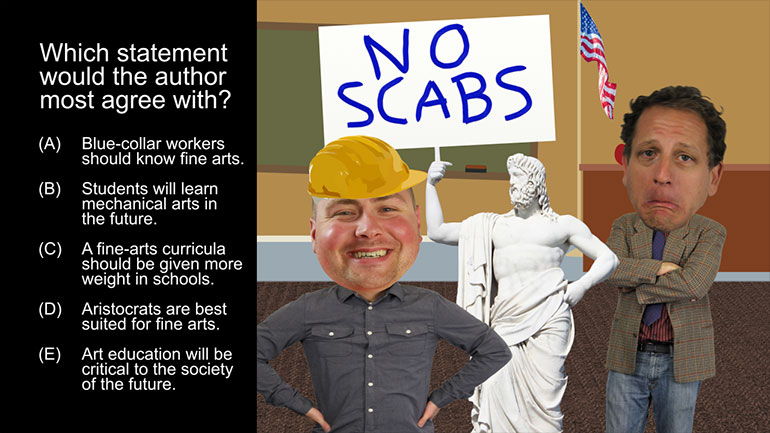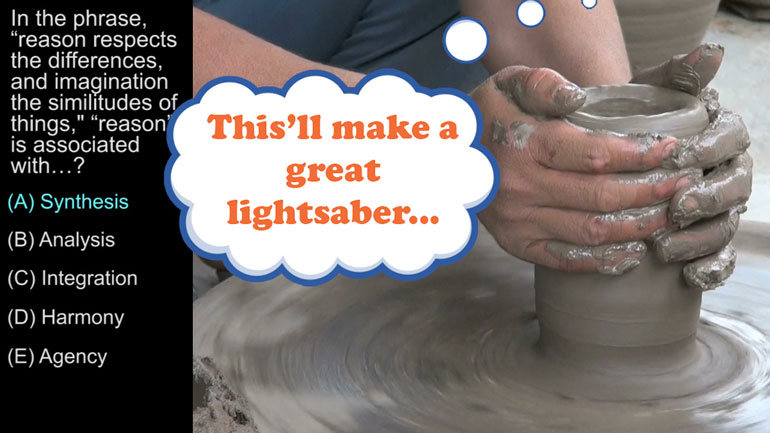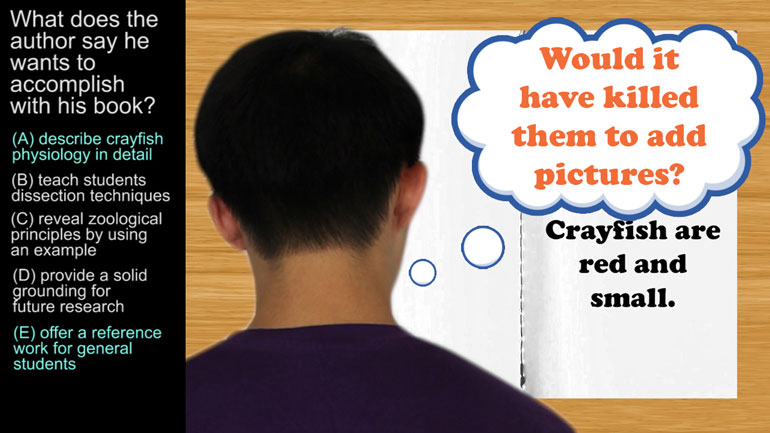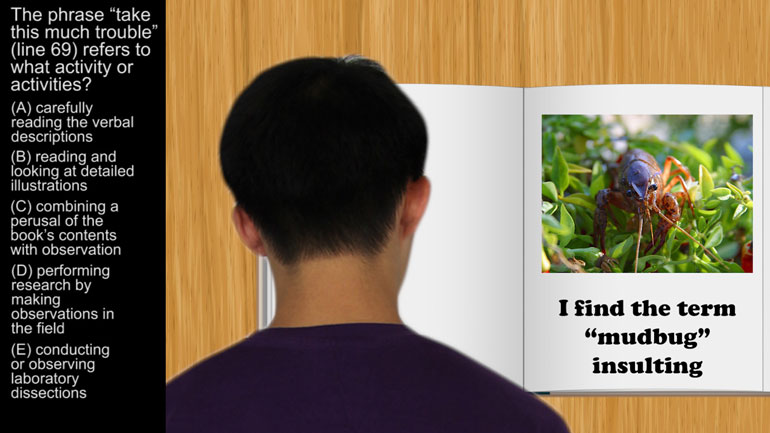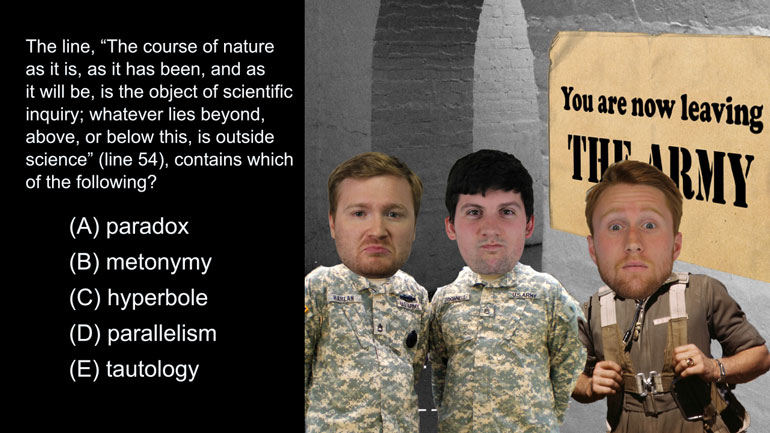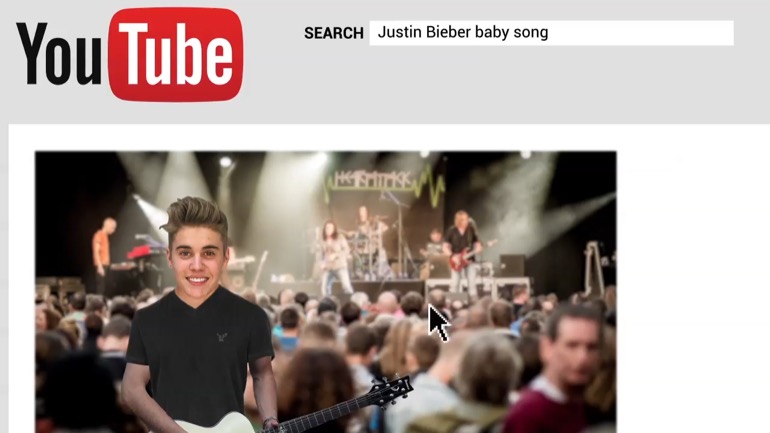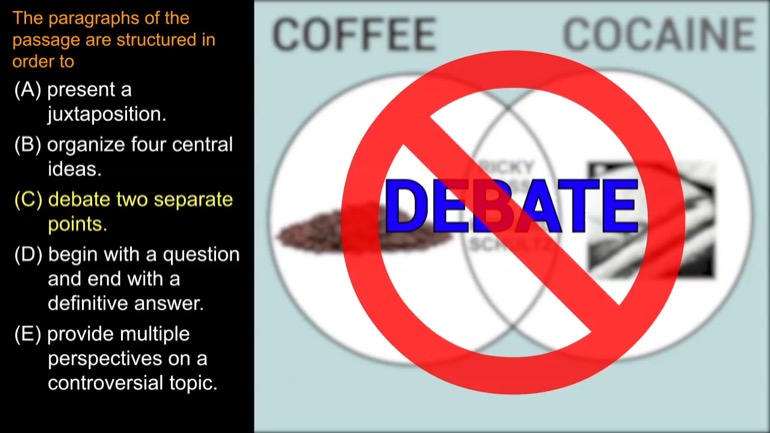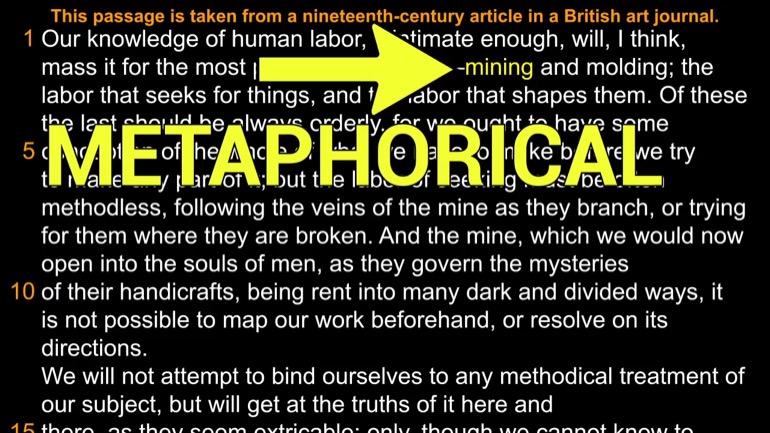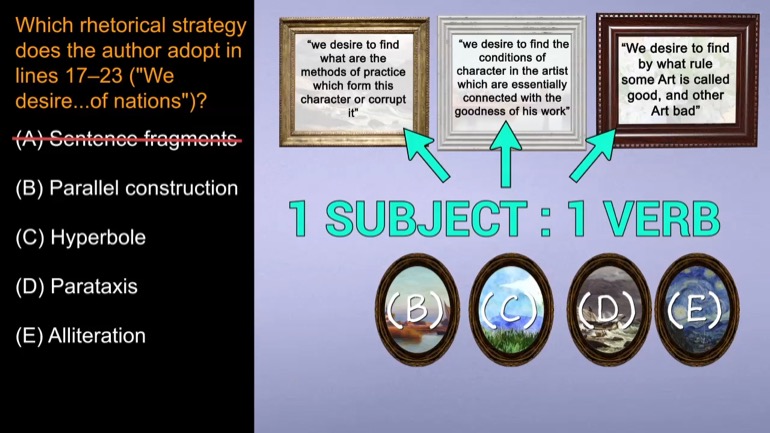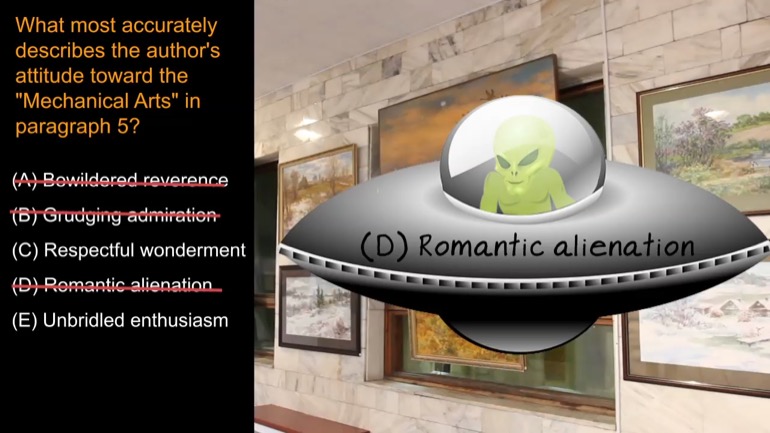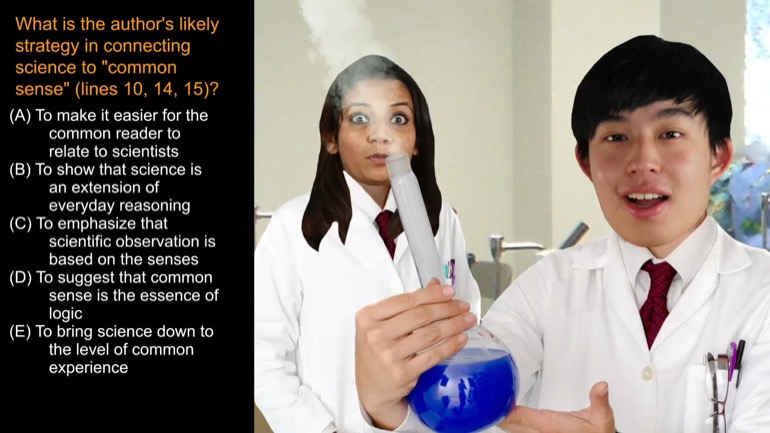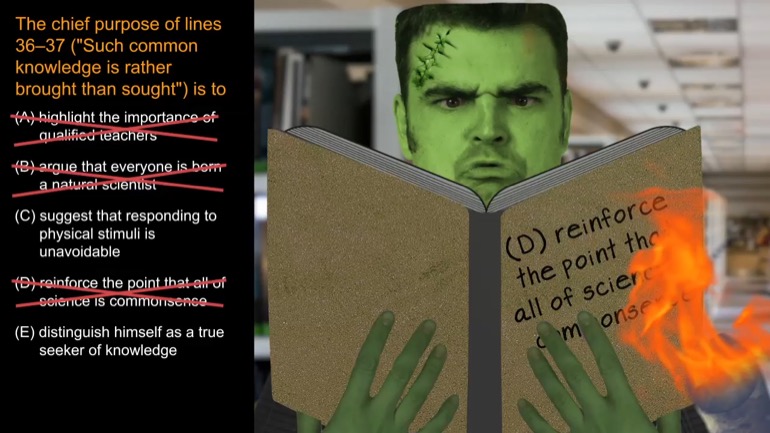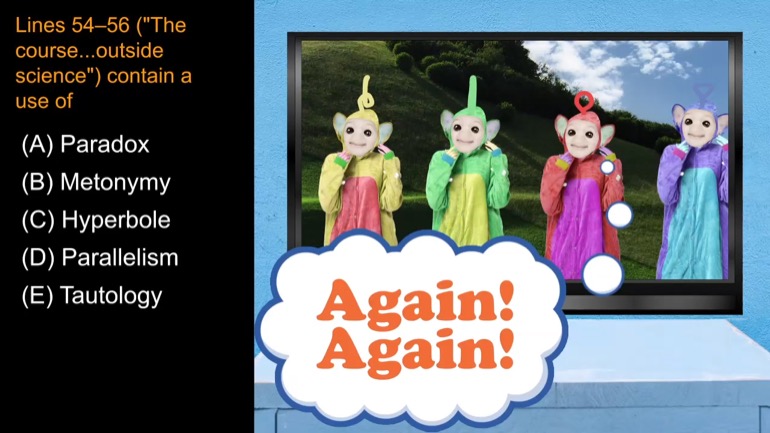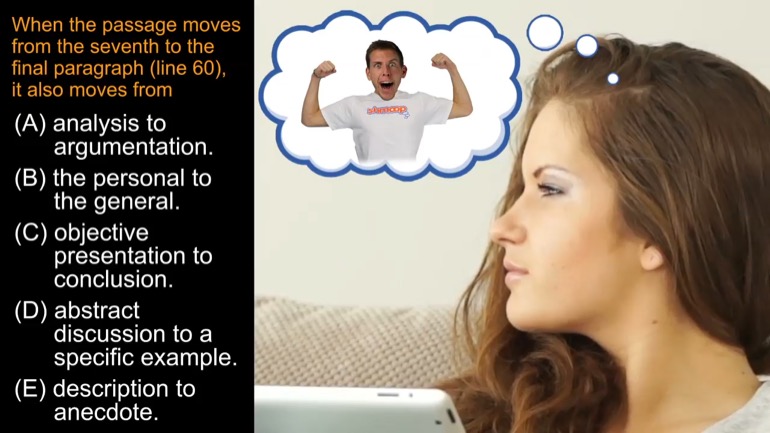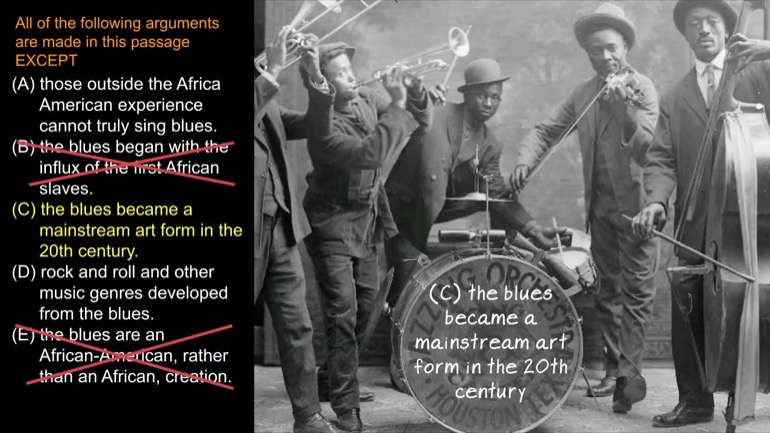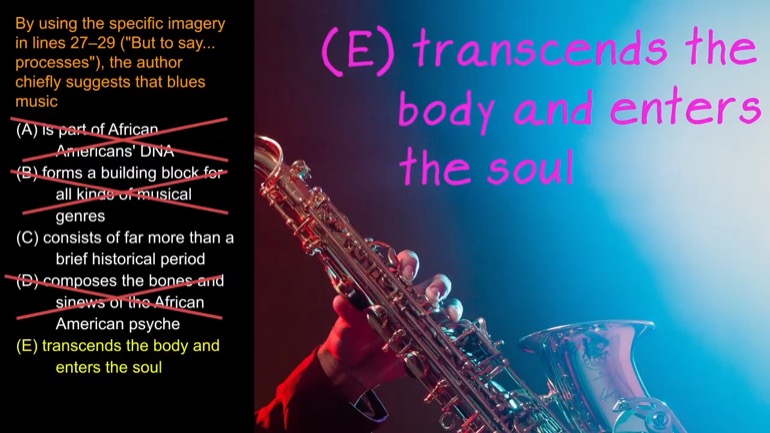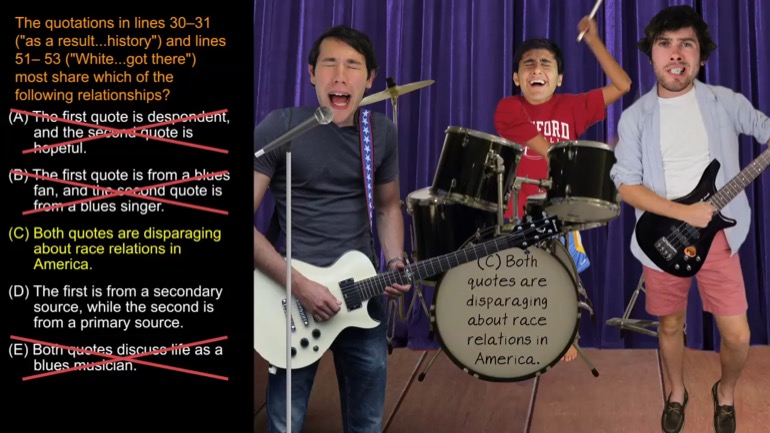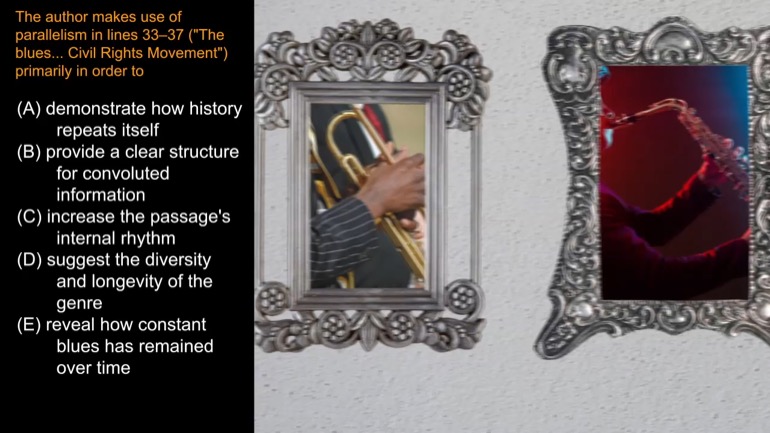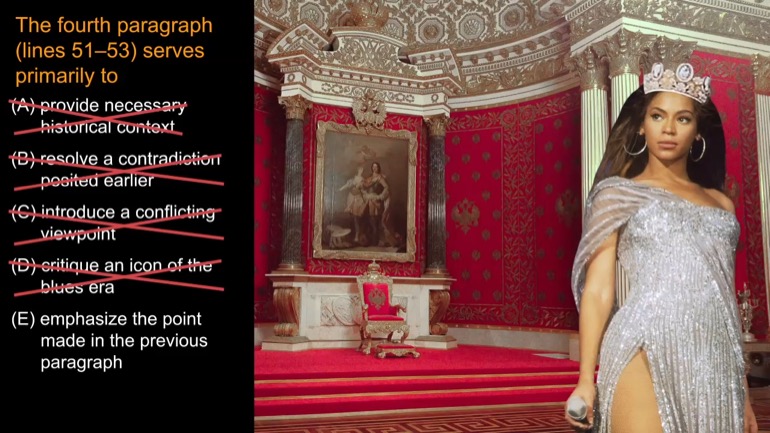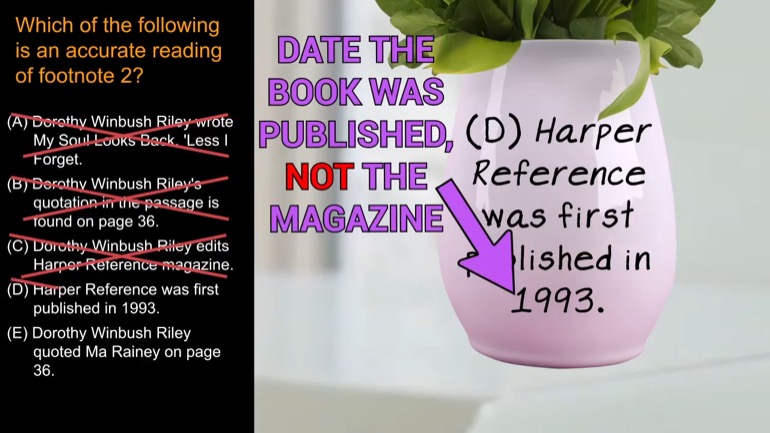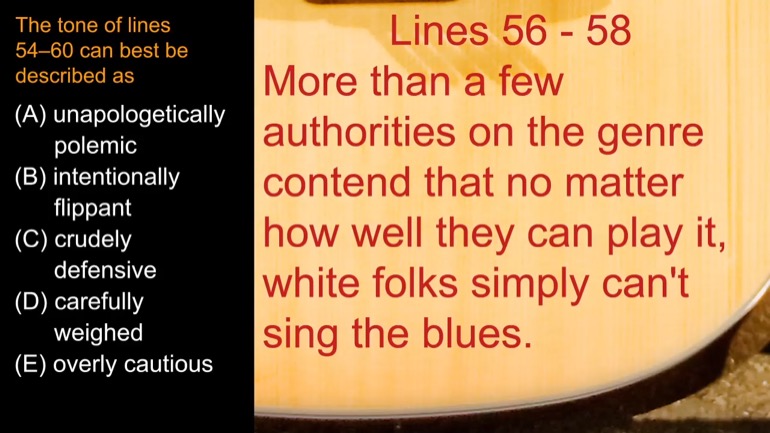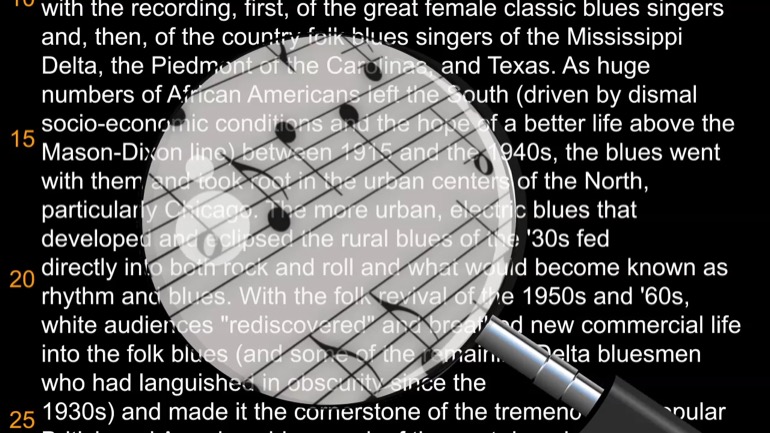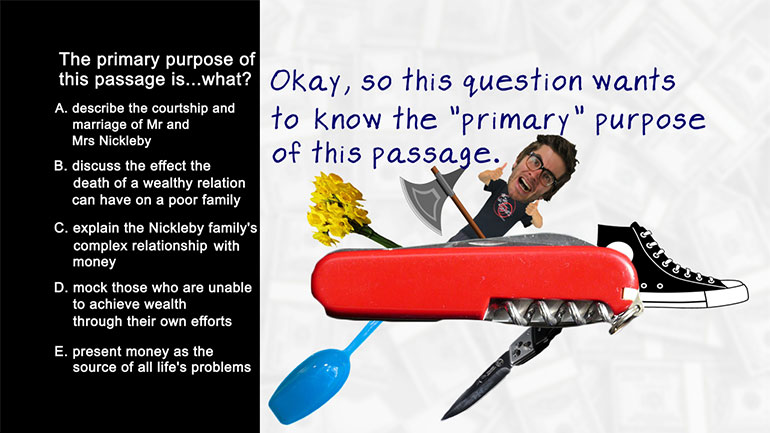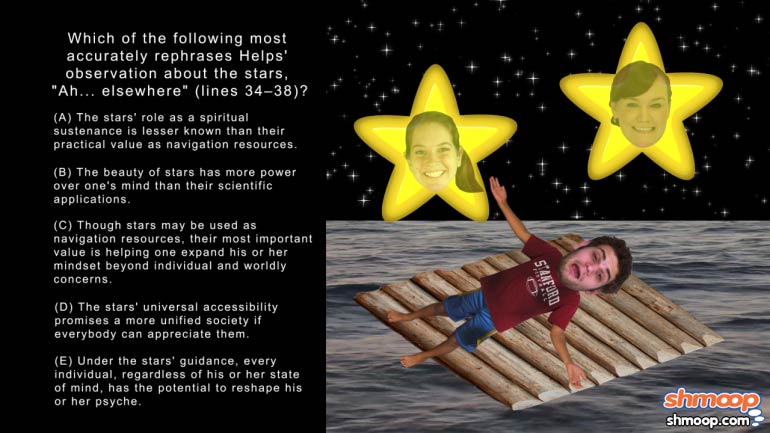ShmoopTube
Where Monty Python meets your 10th grade teacher.
Search Thousands of Shmoop Videos
Passage Drill Videos 141 videos
AP English Language and Composition: Passage Drill Drill 1, Problem 2. What is the speaker's primary purpose in using onomatopoeia in line four?
AP English Language and Composition: Passage Drill Drill 1, Problem 7. What is the principal rhetorical function of paragraphs one to three?
AP English Language and Composition: Passage Drill 1, Problem 8. The quotation marks in the third paragraph chiefly serve to what?
AP English Language and Composition 3.10 Passage Drill 218 Views
Share It!
Description:
AP English Language and Composition 3.10 Passage Drill. Which of the following devices does the passage not include?
Transcript
- 00:00
[ musical flourish ]
- 00:04
And here's your Shmoop du jour, brought to you by the laws of nature,
- 00:08
the one set of laws that's impossible to break.
- 00:12
At least on Earth. [woman holding a boy by his collar]
- 00:13
All right, so we're skimming, we're skimming.
Full Transcript
- 00:16
And how many times have we skimmed this?
- 00:20
[ mumbles ]
- 00:27
Okay, let's just get to it.
- 00:29
Which of the following devices does the passage
- 00:31
not include? [sound of a baby laughing]
- 00:33
We're not seeing an iPhone 6 here.
- 00:35
[ mumbles ]
- 00:38
Okay, let's get to it.
- 00:40
All right, well, the only thing to do here is go down the list
- 00:42
and root through the passage to see what we find. [Man in the farm, holding a plant root]
- 00:45
Choice B says that the passage doesn't exaggerate.
- 00:49
Huh. Well, the author might agree for the most part because he's just that hardcore about science. [Woman describing the size of a spider to a man]
- 00:54
The bit about water crystallizing into stars is
- 00:56
an exaggeration, though. Like our closest star, the sun,
- 00:59
the other stars out there are fiery balls of exploding atoms.
- 01:04
Like that.
- 01:05
If the author isn't intentionally exaggerating here, well, then Like that.
- 01:05
If the author isn't intentionally exaggerating here, well, then
- 01:08
he doesn't know his science as well as he should.
- 01:10
Option C claims that there aren't any analogies in the passage, [Man disgusted after seeing the spider]
- 01:13
but we have to disagree.
- 01:15
An analogy is a comparison of two things that are somehow similar.
- 01:20
So how about when Professor Huxley equates the necessity of learning about science
- 01:24
to the necessity of learning about chess?
- 01:26
All in a world where our lives depend on winning a game of it. [A professor writing something on the blackboard]
- 01:30
Yep, the Hux gives us a big, whopping analogy, so that makes
- 01:33
C a no-go.
- 01:35
And then we have answer D, which clearly misses the fact
- 01:37
that the passage is chock-full of metaphors.
- 01:40
Our favorite is when "our perturbed minds" are
- 01:43
compared to "dark waters." [image of a brain, dark water and a tornado]
- 01:46
But, maybe that's because we're a little bit twisted.
- 01:48
Yeah, welcome to Shmoop.
- 01:50
All right, choice E tries to convince us that the passage has
- 01:52
no reiteration.
- 01:54
Seriously, E?
- 01:55
This passage is continually repeating itself.
- 01:58
If we really wanted to boil it down, it'd read like this: [image of water boiling]
- 02:00
"Science is awesome. Really awesome.
- 02:02
Science is so, so, really awesome."
- 02:05
All right, well, the best answer is A.
- 02:06
A counterargument is an argument or set of ideas that
- 02:09
opposes another argument or set of ideas.
- 02:12
Using a counterargument in an essay can be a good thing.
- 02:15
Pointing out where the other side may be right gives us a great
- 02:18
chance to show exactly why we're more right [woman arguing with her husband while lying on a sunbed]
- 02:21
than the other side.
- 02:22
However, it seems like nobody ever told the author of this passage [Crackers bursting in the sky]
- 02:25
about the joys of counterarguments.
- 02:27
He never makes the case for why science might lead to bad things. [someone performing an experiment and it explodes]
- 02:31
Guess he never read Frankenstein.
Related Videos
AP English Language and Composition: Passage Drill Drill 1, Problem 2. What is the speaker's primary purpose in using onomatopoeia in line four?
Take a look at this shmoopy question and see if you can figure out which device the speaker employs the most.
Feel like shifting gears and answering a question about shifting tones? We've got you covered. Take a look at this question and see if you can foll...
AP English Literature and Composition 1.1 Passage Drill 7. The primary purpose of this passage is what?
Wishing upon a star may help you pass your AP English Language and Composition test, but answering this question would be a safer bet.
